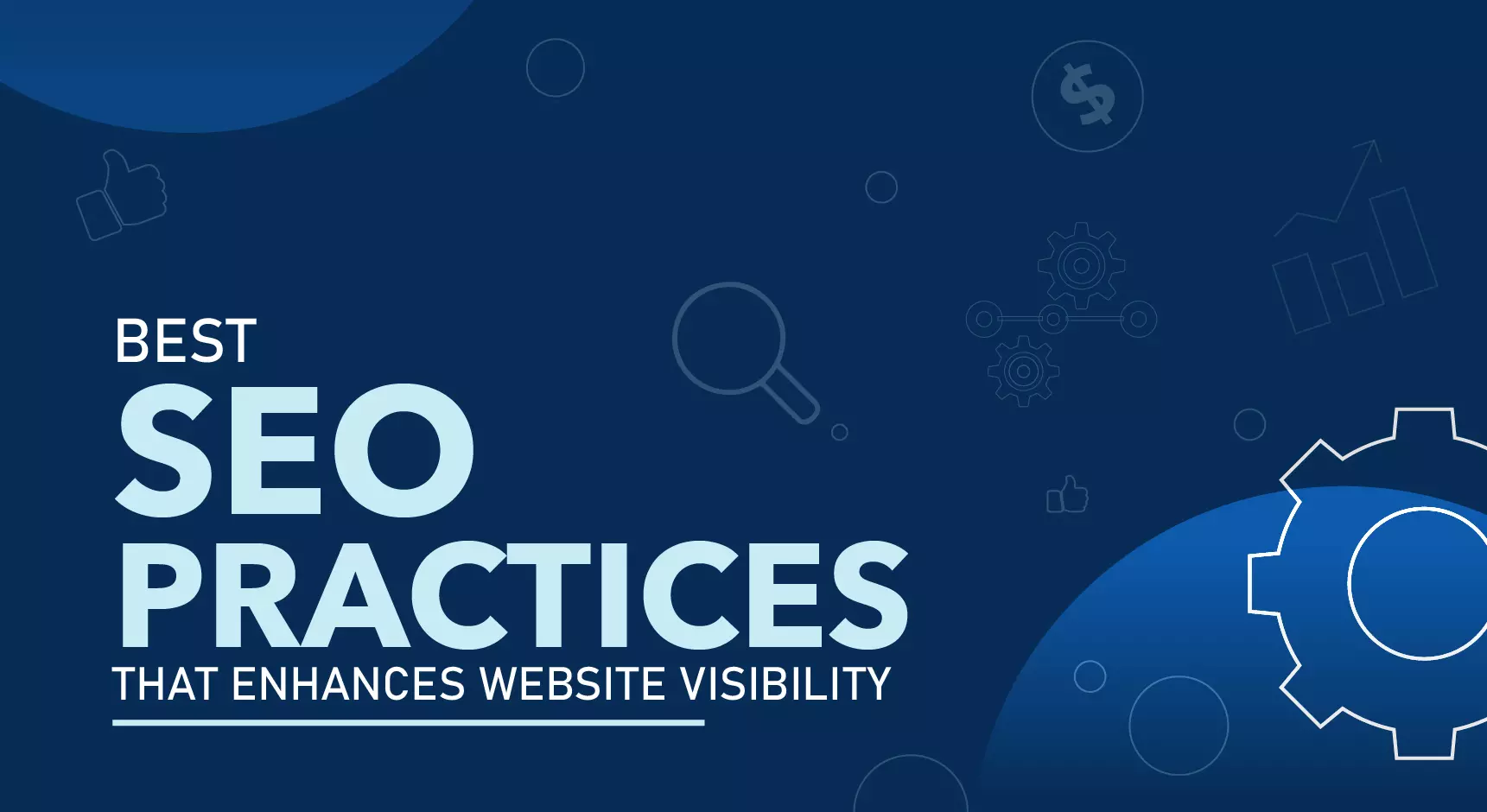


Pay attention to the image type/format you use for your web content to reap maximum SEO benefits. Popular image formats like JPEG, TIFF, GIF, and PNG are compatible with most devices. It offers improved page load times. Pick the most suitable image type depending on the graphic quality you require.
Your focus should lie on delivering tailored content for a user. It will accurately address their needs rather than designing it to suit Google's search algorithms. It would help if you had this shift in focus to understand user intent. It helps to write content that pays a huge role in boosting your search rankings.
The great way to establish a strong brand presence is to build your brand's social media presence. Consistently write engaging content and campaigns that attract and excites your visitors. It would be best if you did Social media branding in the right way. With constant customer feedback, you can improve your brand reputation and followers considerably.
Keep a close tab on links and other associated content which mentions or links to your brand or content. Link monitoring is a great indicator to gauge your online reach and reputation. You can do it by using automated tools to establish positive brand positioning in the market.
Participate in popular and influential forums. You can offer keen and learned insights about topics relevant to your industry. Interact on forums that add value to the discussion. It establishes your reputation as an essential player. It also builds a positive relationship with the other key players and influencers in the industry.
Mobile responsive is vital as most visitors access the Internet through a mobile device. It must offer an intuitive and pleasant browsing experience to your visitors. Test your site on multiple mobile devices of varying screen sizes. It ensures that the experience is consistent.
When a user navigates through your content, they must not see error messages like 404 Page not found. It gives negative experience to visitors. It also diminishes the site's credibility and professionalism of your brand. Use link validation tools to ensure that your website does not suffer from broken links.
Images play an essential role in your website optimization. It will help if you optimize them for the maximum effectiveness of your SEO campaign. Try best practices like adding alt tags, and accurate descriptions with trending keywords. Brand visibility and site ranking grow as a result of proper image optimization.
It is vital to not only get visitors to your site but also have them explore different areas of the website. Prevent users from leaving the site after an initial glance. Concentrate on creating attractive and engaging high-quality content to a new visitor.
Apply SEO strategies to every single page, section, title, and image of your website. Get your website ranked at the top of search results for your product in the industry. Create unique meta titles, tags, and descriptions for all pages to rank higher on Google.
Try to engage a broader and geographically closer customer base. You can do it by further optimizing your website for local searches. Local SEO increases your brand visibility and rankings on Google during location-based searches. It provides an opportunity to engage with people seeking similar products and services offered by your business.
It is crucial to list your physical office or storefront location on your website. Add it with clear maps/directions to easily direct customers to your place. It also demonstrates you as a credible and legitimate business entity. You can also add your business location on Google's My business listing.
SSL secured websites convey a strong message of security to customers and search engines. An SSL-enabled site begins with an HTTPS URL, and you can set it up easily within your web hosting.
A sitemap for your website is excellent to guide new visitors to essential areas of your website. It prevents frustration when people try to locate critical information. With a sitemap, users can easily navigate and locate products and service details. It also allows Google to crawl quickly and enhances your SEO scores.
Follow best practices and use compressed images to improve your site's loading speed. Use page checker tools and search your pages for elements that may slow down page load speeds. Use popular tools like Google's Page Speed Insights tool to tweak certain aspects of your website.
Google's Search console has a nifty option called the Data Highlighter. You can draw attention to critical parts of your website for better indexing and ranking. It displays information like pricing, product description, and reviews right on the search page.
Avoid long and complicated looking URL's for your website as it diminishes long-term SEO effectiveness. Keep your URL's simple with a focus on keywords and use the same keywords in the URL that you want Google to rank.
Infographics convey a piece of highly complex information in an easy to understand visual format. It not only saves you writing extra content but is also SEO friendly. They are easy to create, and you can use it to display critical statistics such as customer rankings and reviews for your products.
Voice searches are growing popular with the advent of voice-activated devices like Alexa. So, You should consider optimizing your website content to be voice-friendly. Design your website with common search phrases used by the people in their day to day life. It is better than relying on keywords to see the maximum impact and SEO improvement.
Internal linking of various pages and content that relate to each other has a significant impact on a site's SEO performance. Internal links help with easy site navigation and improve site indexing. You can quickly identify clear relationships between one or more interlinked pages.
Redirect customers to content relevant and related to your brands or products. Then you can see significant improvements in your SEO rankings. Verify all outbound links and make sure you link to reputed and high-quality pages. Poor links lead to customer dissatisfaction and poor conversions.
Earn Backlinks from reputed sites to improve your site's credibility, rankings, and reputation. Earn many backlinks from authoritative websites and avoiding links from distrustful websites. Make sure that the links are always pointing to relevant content.
Keep your website updated with fresh content. Use blog posts and product updates to attract customers. It helps to establish your brand as dynamic and up-to-date with the latest trends and market changes. Regularly posted fresh content increase your site rankings in search engines. It attracts organic traffic and increases user engagement.
Configure your webserver to return permanent redirects instead of temporary redirects. Keeping the number of redirects to a bare minimum is a proven method to increase your SEO scores. Replace redirects with direct links to give a smooth browsing experience for customers.
Review your existing content to align with the latest market trends and needs. Identify outdated areas within your content, and rewrite it for increased context and relevance. Updated websites gain higher SEO scores due to their consistency and relevance.
A website must have an intuitive and user-friendly UX navigation design. Fully responsive websites improve your SEO scores and increase customer engagement. Ensure that you design your website UX for a smooth customer journey. Provide visible buttons and links to aid navigation.
Improve the quality of the content and links present on your website's landing page. A landing page with high-quality content and backlinks improves your SEO scores. It also creates a great first impression of your company to visitors and builds trust.
Pick well-researched and relevant keywords and add them to your SEO campaigns. It helps to see visible improvement in site rankings and customer engagement. To make it more effective, Align your keywords to your brand and products closely. Also, adhere to current market trends in your specific industry.
Your website content must be original and relevant to improve your SEO rankings. Avoid duplicating similar content across various pages on your website. Duplicate content brings down your website SEO scores, and they do not add value. It tarnishes the reputation of the site during Google indexing.
Link all the relevant content within your website regularly. Also, maintain these links by checking for broken ones periodically. Add outbound links to useful blog posts and other pages within your content. It allows the customer to find any information they need without having to navigate away from your website.